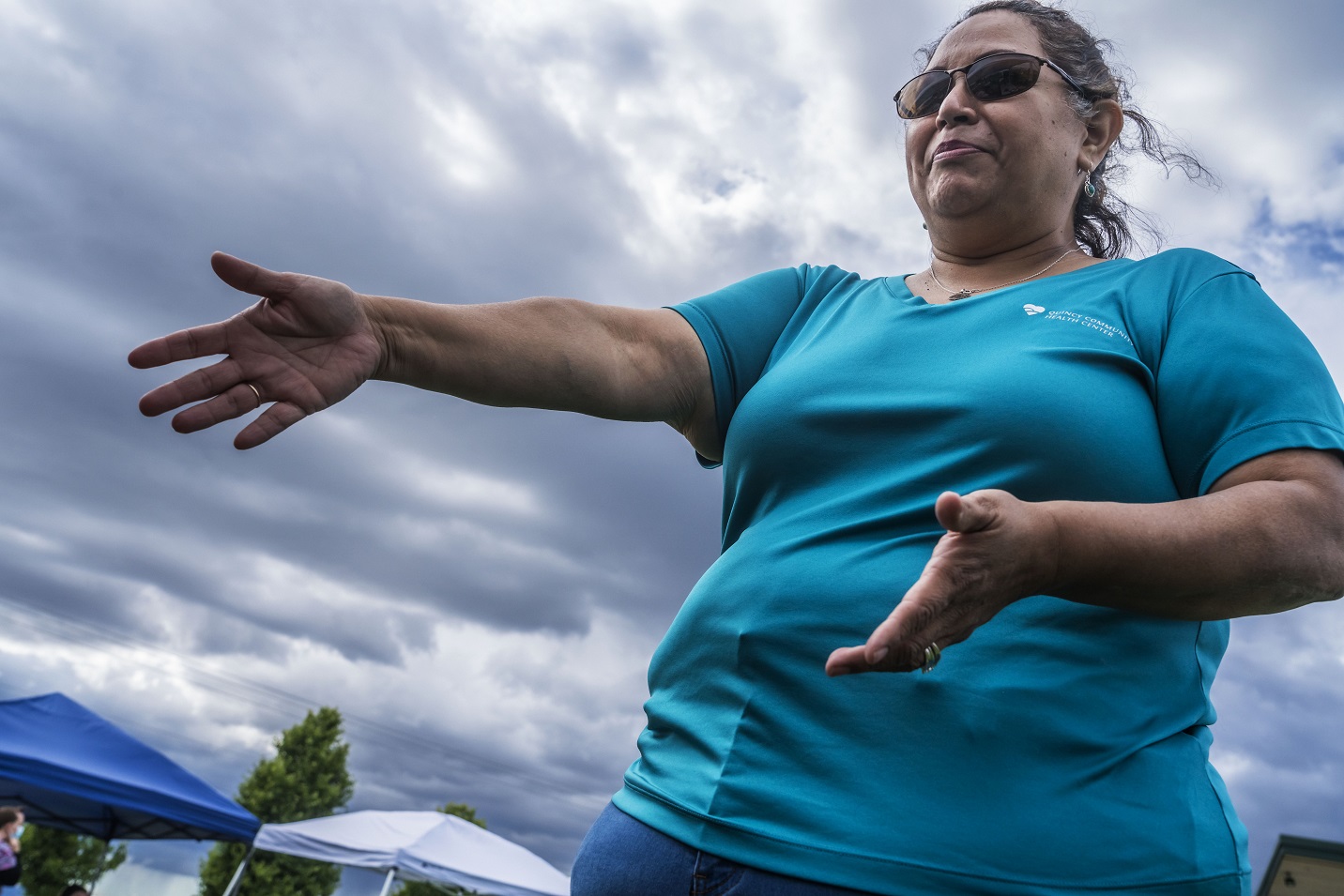Farmworker Justice and Partners Launch New Project on Sexual Harassment in the Fields

Farmworker Justice is launching a new project, “Sembrando Respeto, Cosechando Dignidad” (“Sowing Respect, Harvesting Dignity”) with Líderes Campesinas, PCUN, California Rural Legal Assistance Foundation, Legal Aid Services of Oregon, and Futures Without Violence. The project will raise awareness of workplace protections and support farmworker women experiencing harassment. Over the course of 18 months, we will train over 2,000 women and refer them to legal partners organizations and ancillary services. The project is financed by the Department of Labor Women’s Bureau, under their FARE (Fostering Access, Rights, and Equity) grant program.
Sexual assault and harassment are ubiquitous in agricultural work. In 1995, the Equal Employment Opportunity Commission began conducting trainings on the issue after discovering rape so predominant that one farm was termed the “field of panties.” Subsequent investigations by the Southern Poverty Law Center (2010) and Human Rights Watch (2012) confirmed that nearly all farmworker women they spoke to had witnessed or experienced harassment in the fields. A 2015 study in Oregon revealed that Indigenous farmworkers are particularly vulnerable.
Despite the pervasiveness of workplace assault and harassment, these crimes are underreported. Farmworker women may be unaware of legal protections in the United States: the majority are immigrants, and most say that they have not received workplace harassment training or informational resources in their native languages. This is particularly true for Indigenous women, whose first language may not be Spanish. Moreover, farmworker women often fear retaliation for reporting harassment. Perpetrators are frequently supervisors, and women may be assigned worse jobs and fewer hours — or fired altogether — for filing complaints. Financial insecurity in the wake of the pandemic has made these economic consequences an even graver threat.
Sources
- William R. Tamayo, “The Role of the EEOC in Protecting the Civil Rights of Farm Workers,” UC Davis Law Review, vol. 33, Summer 2000, p. 1075.
- Meng, Grace. “Cultivating fear: The vulnerability of immigrant farmworkers in the US to sexual violence and sexual harassment.” (2012). Human Rights Watch.
- Bauer, Mary, and Mónica Ramírez. “Injustice on our plates.” Montgomery, AL: Southern Poverty Law Center, Retrieved Oct 20 (2010): 2020.
- Murphy, Jeanne, et al. ““They talk like that, but we keep working”: sexual harassment and sexual assault experiences among Mexican indigenous farmworker women in Oregon.” Journal of immigrant and minority health 17.6 (2015): 1834-1839.

